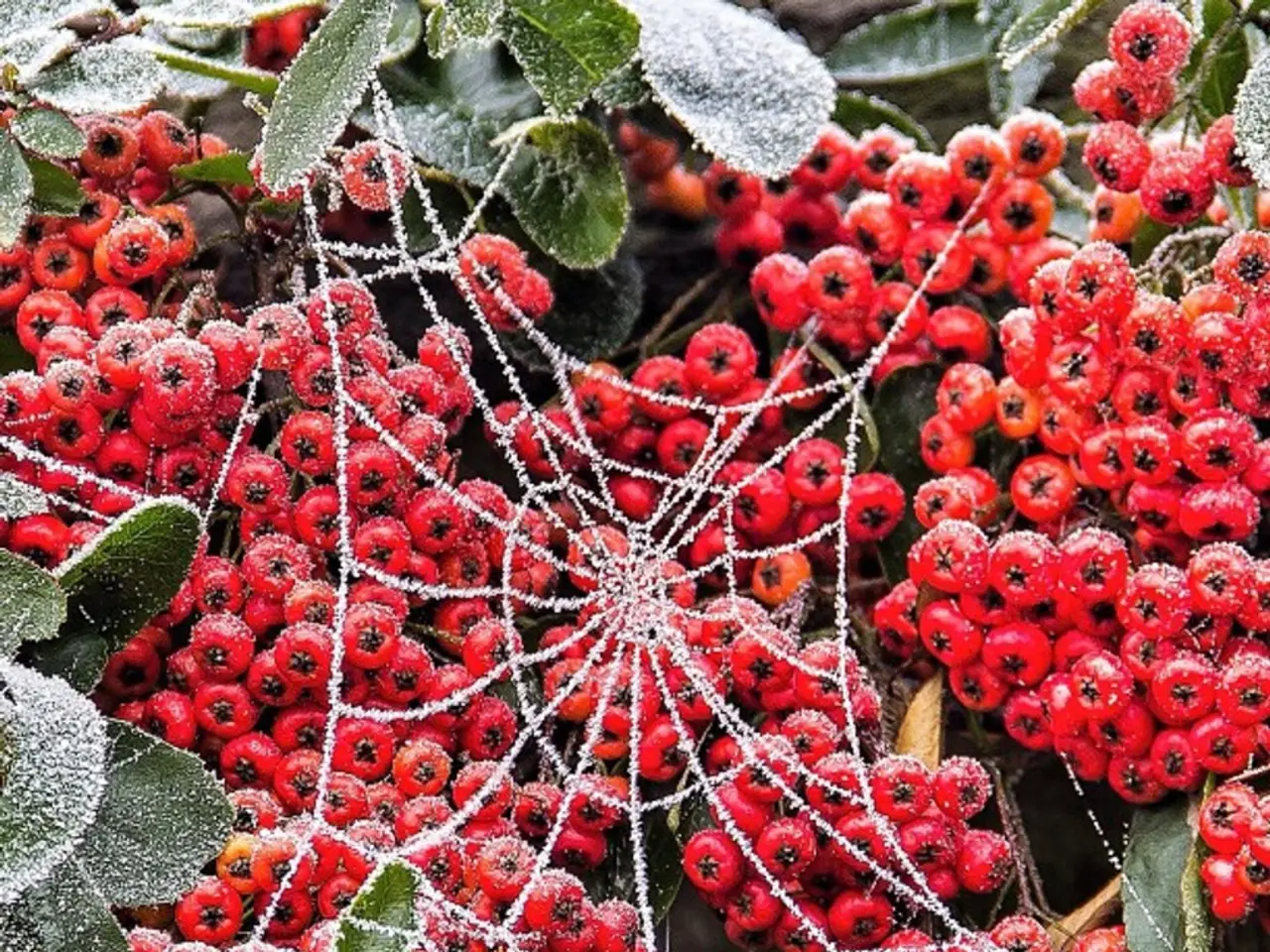Cultivating kiwifruit through natural pollination
In a groundbreaking development, researchers at Plant & Food Research have created a machine called the RoboBee, designed to mimic the natural pollination process of kiwifruit. This innovation comes at a time when the decline in honey bee populations has made natural pollination processes increasingly unreliable.
The RoboBee is engineered to carry out the function of pollination in a different way. Instead of relying on bees or other insects, the RoboBee is programmed to identify female kiwifruit flowers and spray pollen directly onto them. This method aims to save pollen wastage and reduce costs associated with pollination, as collecting and processing male pollen is a costly process.
Kiwifruit growers often resort to artificial pollination to ensure their plants get enough pollination. In the traditional method, people collect pollen by hand from male kiwifruit flowers and spread it onto female flowers. However, this process can be labour-intensive and expensive.
The RoboBee is part of a larger effort to find the best way to artificially pollinate kiwifruit flowers. Scientists are also working on understanding when to pollinate and how much pollen to use for optimal results.
One unique aspect of kiwifruit flowers is that female flowers use fake pollen to attract insects. These flowers do not produce nectar, which is a common attractant for pollinators in other plants. The fake pollen produced by female kiwifruit flowers does not contain genetic material or food.
Dr Mark Goodwin of Plant & Food Research discusses the two methods of artificial kiwifruit pollination, with the RoboBee being a significant part of this discussion. Dr Paul Martinsen, a research engineer at Plant & Food, has demonstrated the RoboBee, showcasing its potential to revolutionise the process of kiwifruit pollination.
The current research on the RoboBee for artificial pollination of kiwi flowers focuses on enhancing flight stability, precision in pollination, and autonomous operation. Small-scale field tests have demonstrated the potential of the RoboBee, but large-scale commercial deployment is yet to occur.
As the science of pollination continues to be understood, the RoboBee is poised to play a crucial role in the future of kiwifruit farming. This innovative technology could help address the challenges posed by declining honey bee populations and the associated costs of traditional pollination methods.
Read also:
- Understanding Hemorrhagic Gastroenteritis: Key Facts
- Stopping Osteoporosis Treatment: Timeline Considerations
- Tobacco industry's suggested changes on a legislative modification are disregarded by health journalists
- Expanded Community Health Involvement by CK Birla Hospitals, Jaipur, Maintained Through Consistent Outreach Programs Across Rajasthan








